About Us
Latest News
Latest News
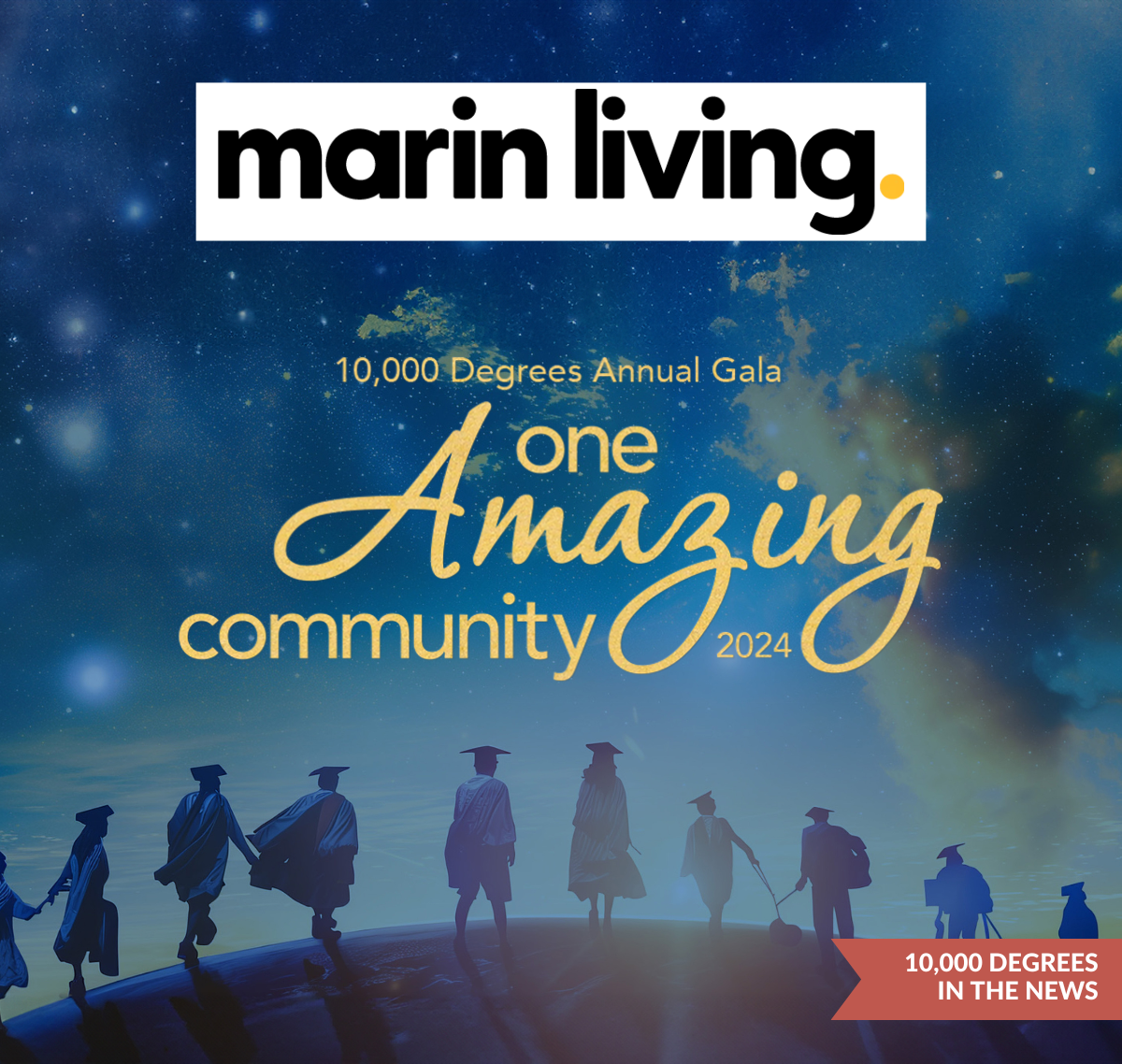
10,000 Degrees Celebrates ‘ONE Amazing Community’ At Annual Gala
- April 11, 2024
Our ONE Amazing Community Gala on April 27th at the Marin Civic Center in San Rafael, is featured in Marin Living Magazine.
Source: Marin Living Magazine
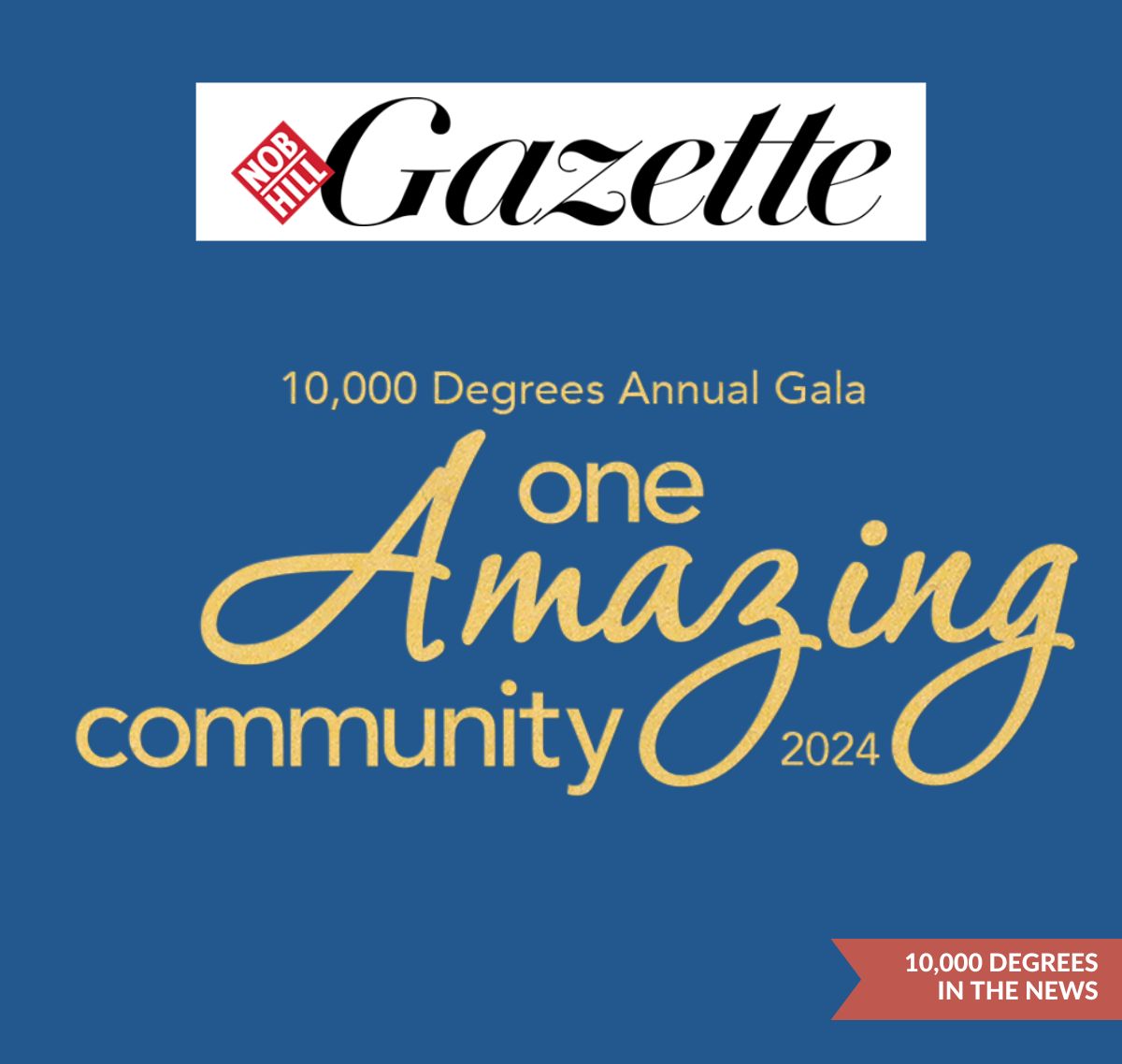
ONE Amazing Community Gala
- April 3, 2024
Our ONE Amazing Community Gala at the Marin Civic Center in San Rafael on April 27th, is featured in the Nob Hill Gazette, The Current.
Source: Nob Hill Gazette
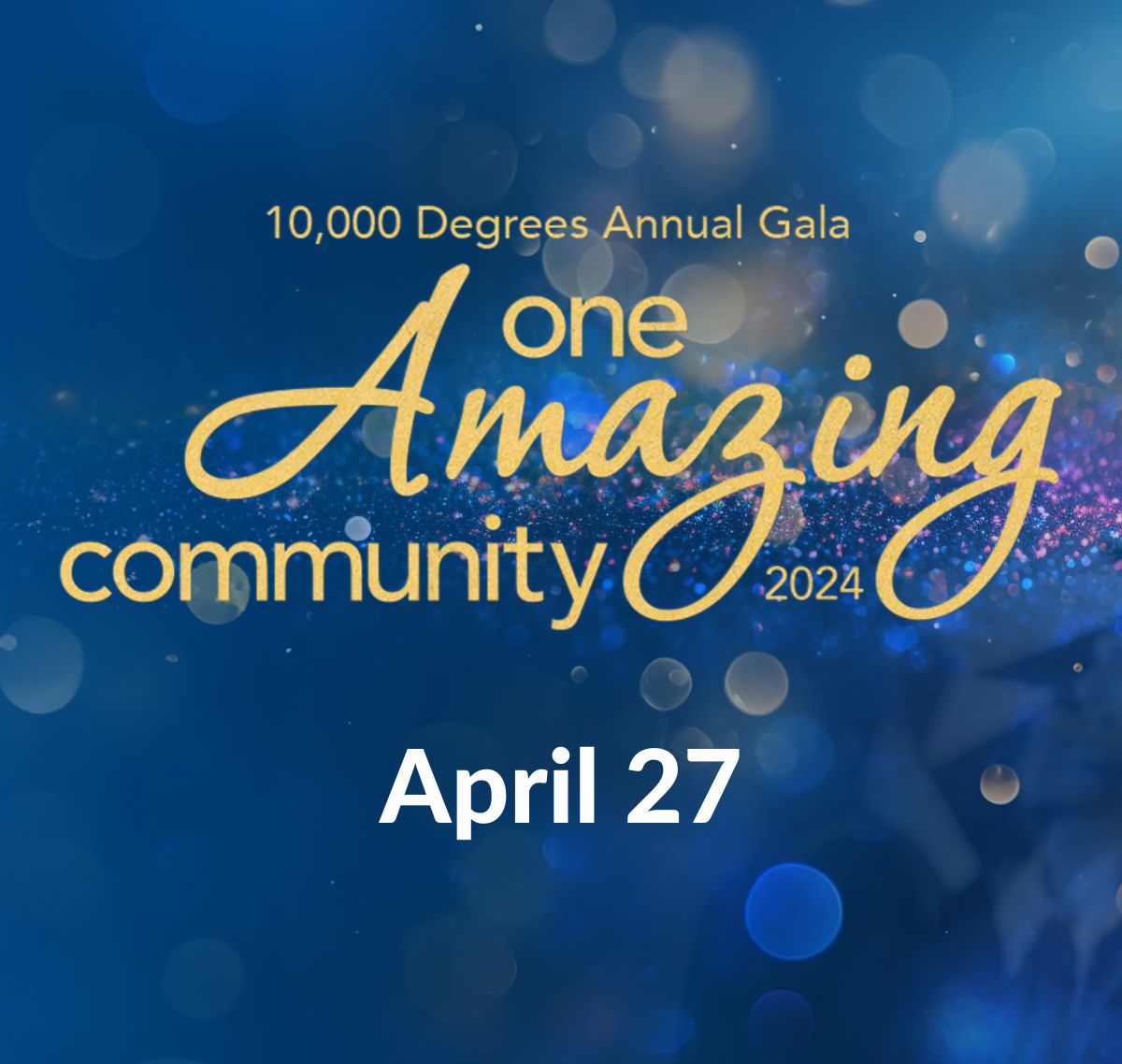
ONE Amazing Community Gala
- April 2, 2024
Our ONE Amazing Community Gala at the Marin Civic Center in San Rafael on April 27th, is featured in the Nob Hill Gazette.
Source: Nob Hill Gazette

FAFSA Glitch Frustrates County’s College-bound High School Seniors
- March 20, 2024
Eli Weinzveg, 10,000 Degrees Director of College Pathways, Sonoma, Lake & Napa Counties, shares how we're supporting local students as they navigate FAFSA glitches and delays.
Source: Press Democrat
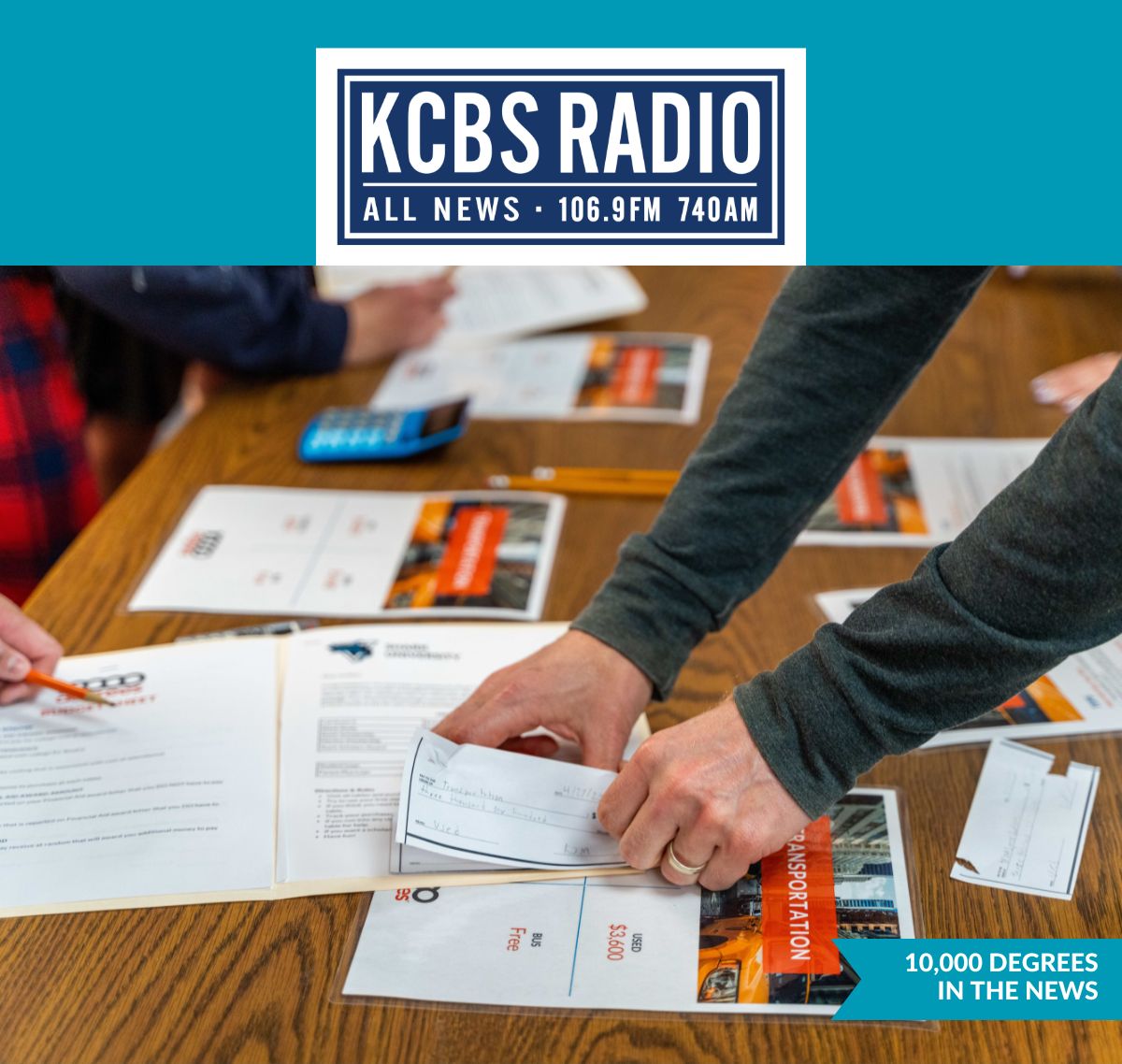
CA Students Struggling to Submit FAFSA
- March 20, 2024
10,000 Degrees Director of College Pathways, Sonoma, Lake & Napa Counties, Eli Weinzveg, shares how we're supporting local students in submitting FAFSA applications amid glitches and delays.
Source: KCBS
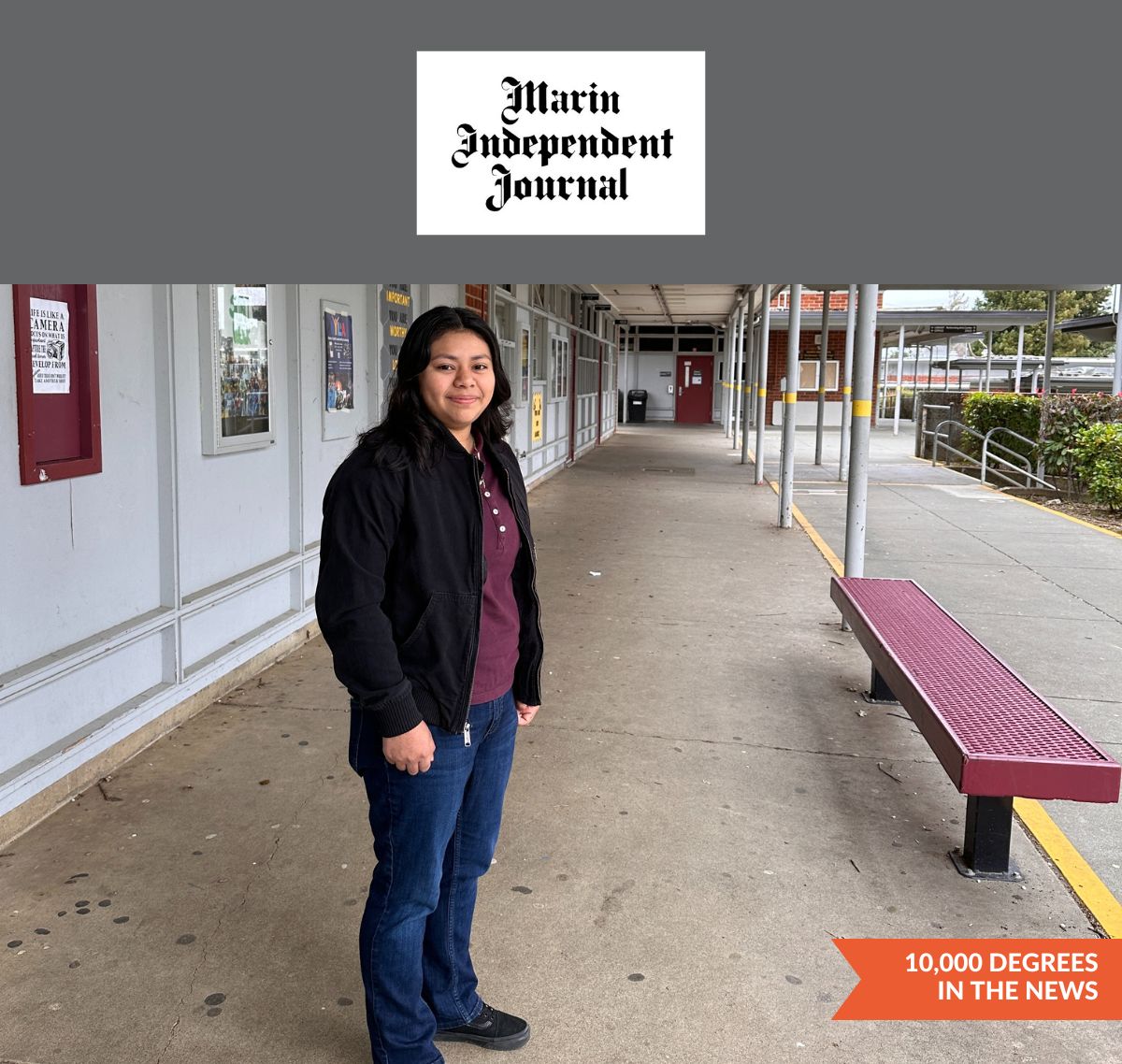
Marin College Aspirants Struggle with Financial Aid Changes
- March 10, 2024
Changes to the FAFSA are causing delays and frustration with students in Marin and across the nation. 10,000 Degrees students Brisa and Anthony share how the delay is affecting their plans for college.
Source: Marin Independent Journal
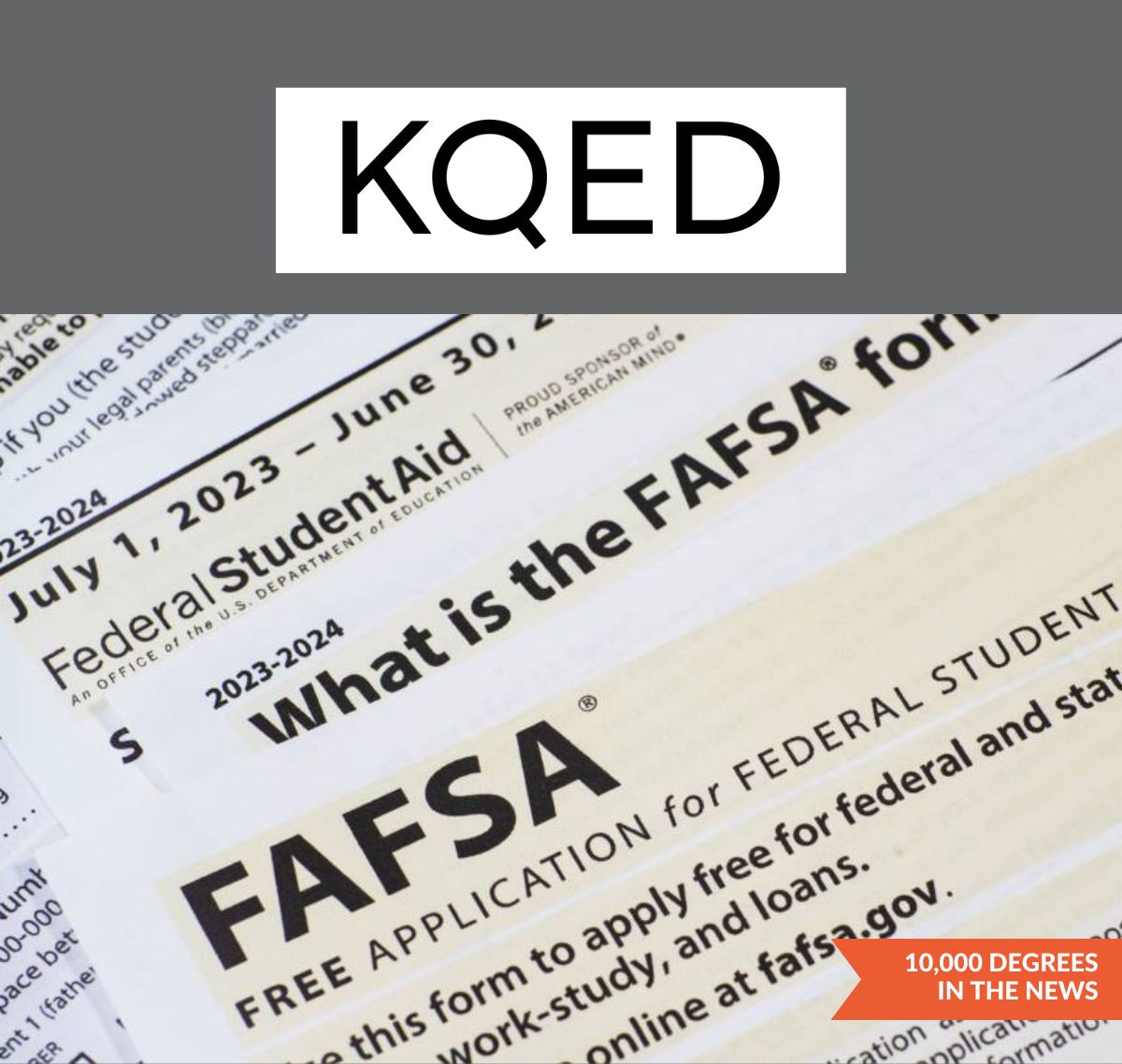
Bumpy Financial Aid Rollout Worrying Students, Colleges
- February 22, 2024
The bumpy rollout of FAFSA continues to cause problems for students. Alaina Baum Erlin, 10,000 Degrees Director of Marketing & Communications shares how our Fellows are supporting students as they struggle with the new form.
Source: KQED
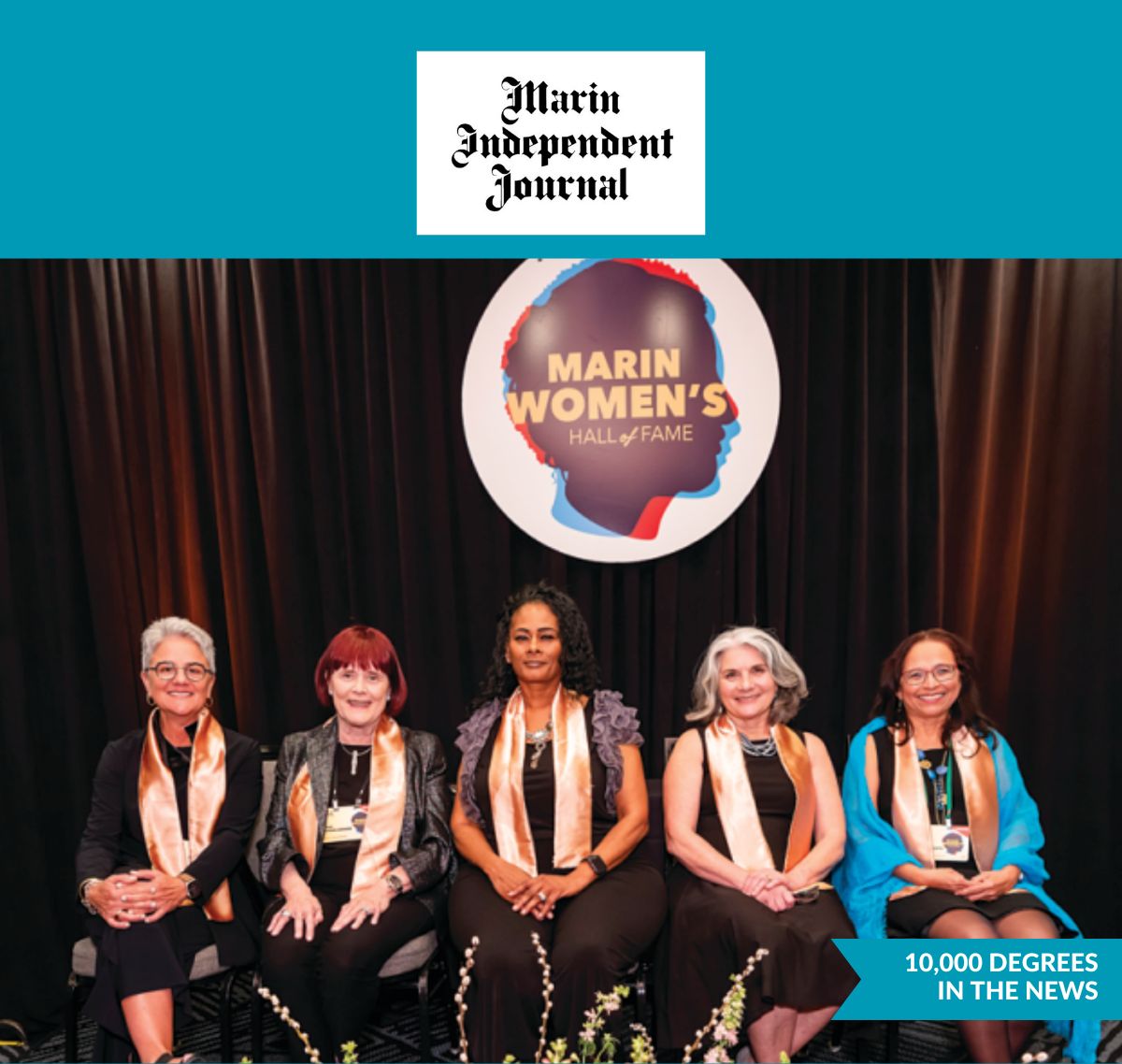
Women’s Hall of Fame Names Inductees
- February 22, 2024
Kim Mazzuca, 10,000 Degrees president and CEO, was inducted into the Marin Women's Hall of Fame.
Source: Marin Independent Journal
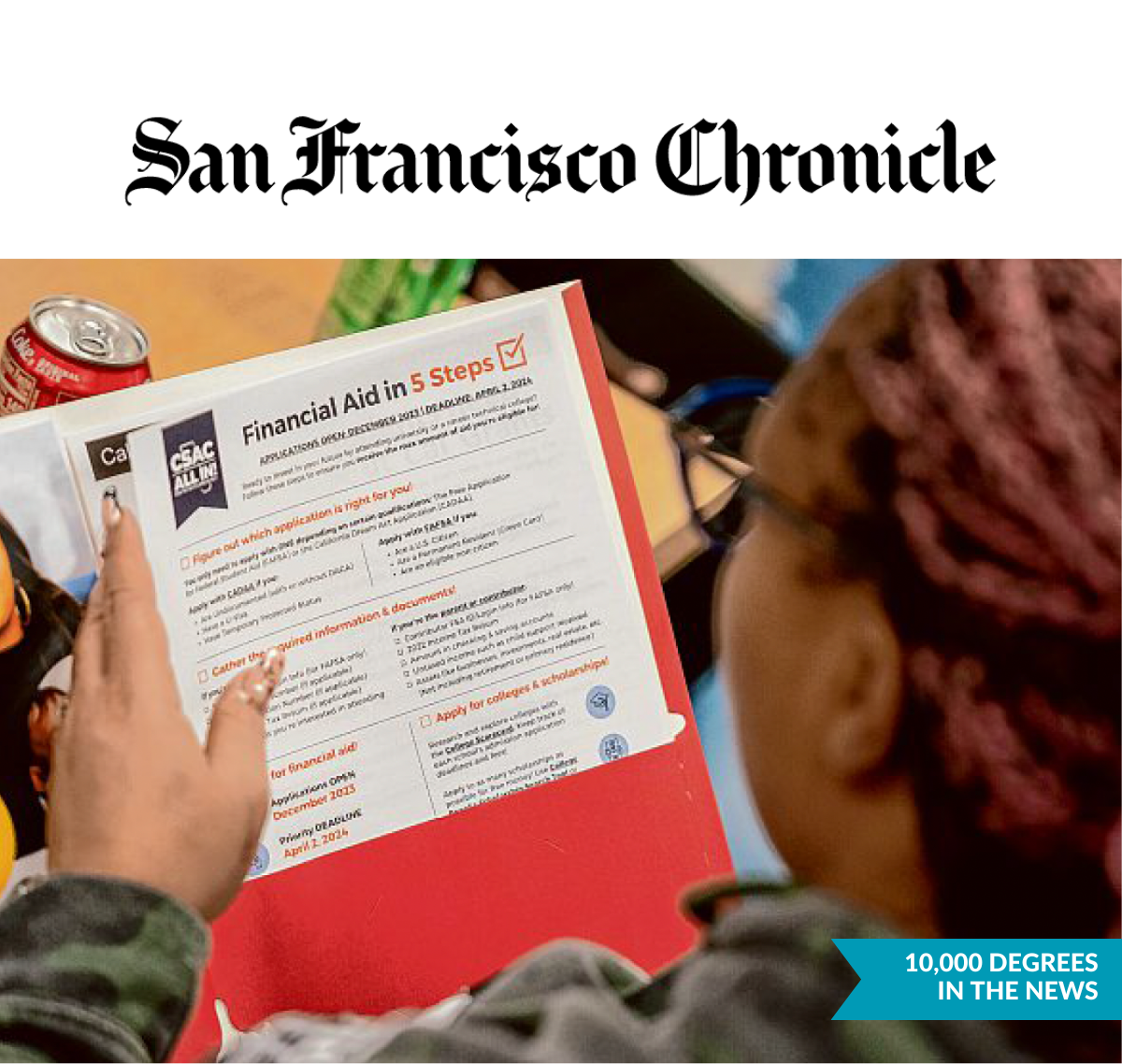
FAFSA Glitches Impact Students Seeking Aid
- February 18, 2024
Jose Jimenez, our Director of College Access, San Francisco & Silicon Valley, shares insight into FAFSA glitches and how it is impacting all students, especially those who are "mixed-immigration status.
Source: San Francisco Chronicle
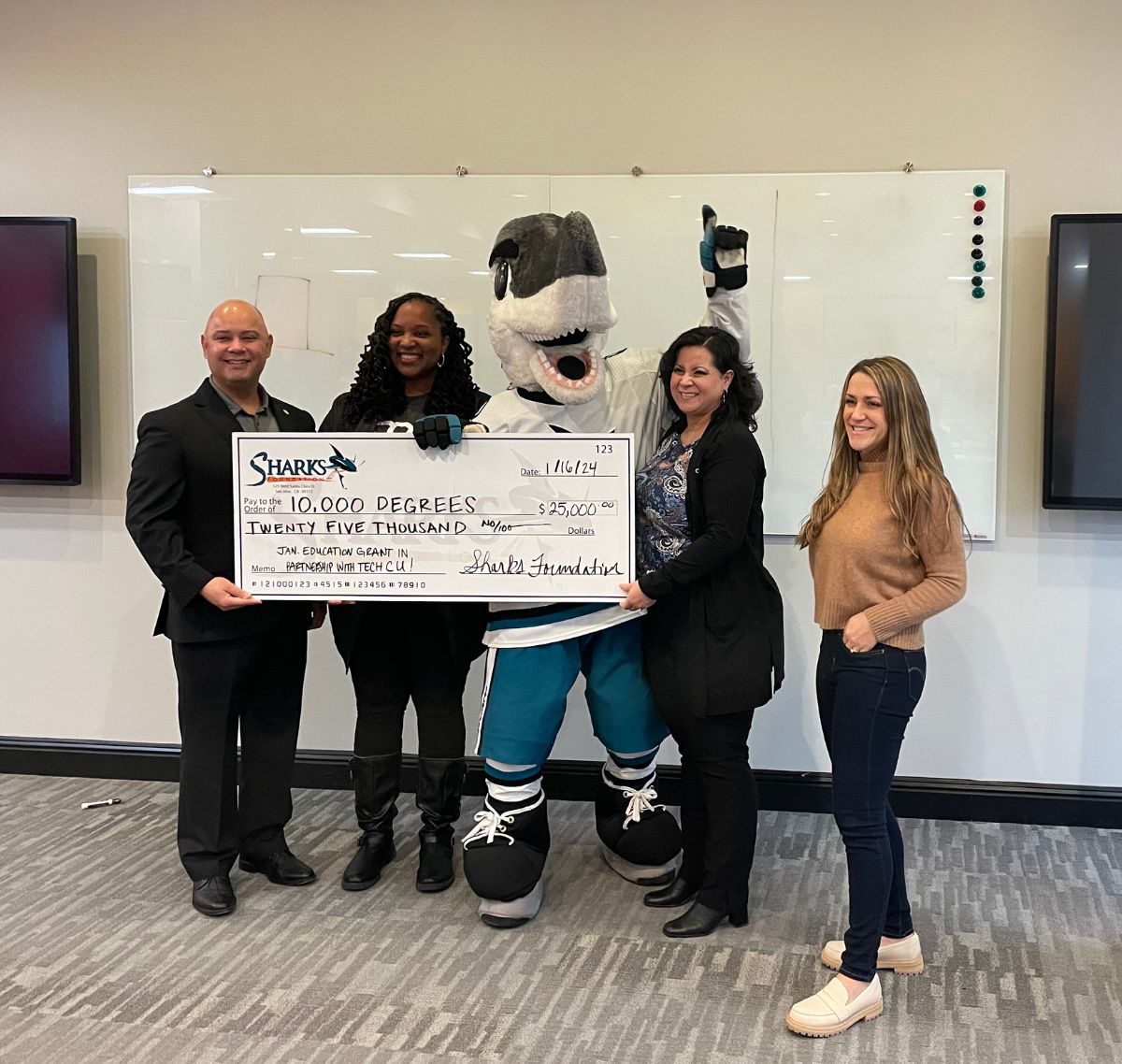
10,000 Degrees Partners with the Sharks Foundation and Tech CU Support College Success Program
- January 27, 2024
The Sharks Foundation and Tech CU awarded 10,000 Degrees with A $25,000 grant to fund its ‘Money Matters: Budgeting For College’ program for San Jose students.
Source: San Jose Sharks

The New FAFSA Is Here. Or Is It?
- January 3, 2024
Jose Jimenez, our Director of College Access, San Francisco & Silicon Valley, highlights how the delayed launch of the new FAFSA will impact first-gen and students from low-income backgrounds.
Source: Inside Higher Ed

New FAFSA: What parents of college students need to know
- December 21, 2023
Maria Hernandez, our Director of Curriculum and Engagement, highlights what parents need to know about the new FAFSA.
